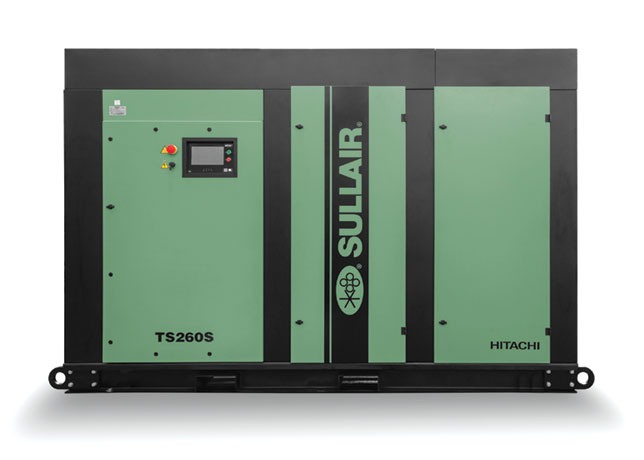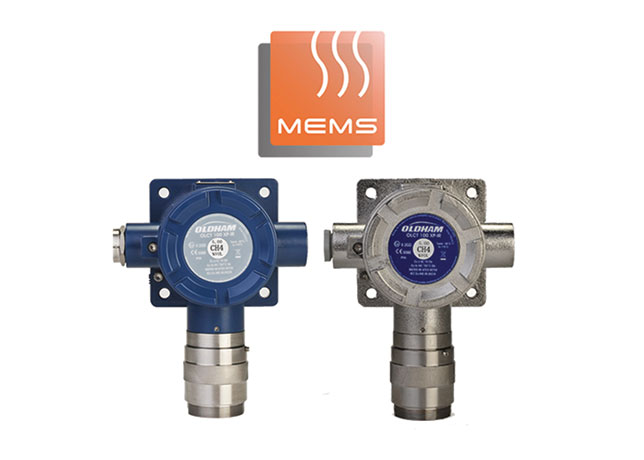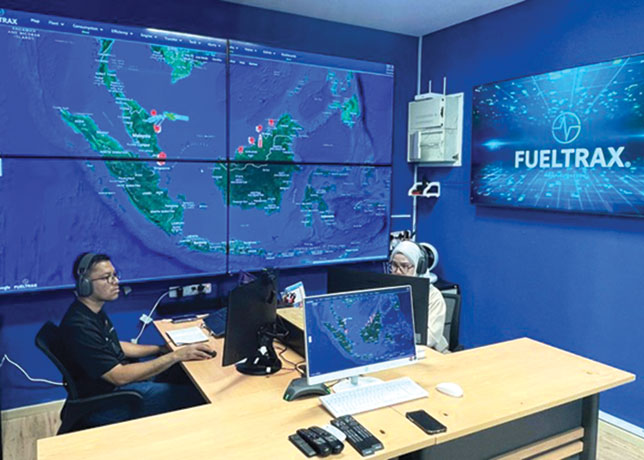
 Topsoe's HydroFlex marks first Spain order with Cepsa
Topsoe's HydroFlex marks first Spain order with Cepsa
Topsoe, a global leader in carbon emission reduction technologies, has signed an agreement with Cepsa, a leading international company committed to sustainable mobility.
According to the agreement, Topsoe will provide its HydroFlex technology for the production of SAF and renewable diesel at Cepsa’s and Bio-Oils’ new second-generation biofuels plant in Palos de la Frontera, Spain.
HydroFlex technology enables the production of SAF and renewable diesel from renewable feedstocks including agricultural waste, fats, oils and greases.
Elena Scaltritti, Chief Commercial Officer at Topsoe, said: "We are excited to have been selected as the technology provider for this important project. The demand for SAF and renewable diesel is there, but supply is still lagging behind. Renewable fuels will be absolutely critical to support the energy transition – in particular in sectors such as long-distance transportation that are difficult to electrify. Cepsa delivers a meaningful contribution to decarbonising the transportation sector, and we’re proud to be working with them."
The plant, which began construction in February 2024, is expected to flexibly produce 500,000 tons of SAF and renewable diesel annually.
With this new plant Cepsa and Bio-Oils will be doubling their total renewable fuels production capacity to 1 million tons per year and thereby creating one of the largest renewable fuel complexes in Southern Europe.
The production serves to address the rapidly growing demand for SAF. As cited by the International Energy Agency’s Net Zero Scenario, over 10 per cent of fuel consumption in aviation needs to be SAF by 2030 to stay on course for net zero CO2 emissions by 2050.
In 2022, the International Air Transport Association estimated global SAF production to make up only around 0.1 per cent to 0.15 per cent of total jet fuel demand.
José Manuel Martínez, Director of Technology, Projects, and Services at Cepsa, said: "This new 2G plant is central to our Positive Motion strategy and will set the European benchmark in the field of green molecules, directly supporting the rapid decarbonisation of sectors that cannot run on electrons, like aviation. The new facility will emit 75 per cent less CO2 than a traditional biofuel plant and is designed to achieve net zero emissions in the medium term. In Topsoe we have identified an outstanding partner, with proven technology and a track record of successfully delivering on its promises. We look forward to progressing construction to significantly increase production of this key renewable fuel."








































































